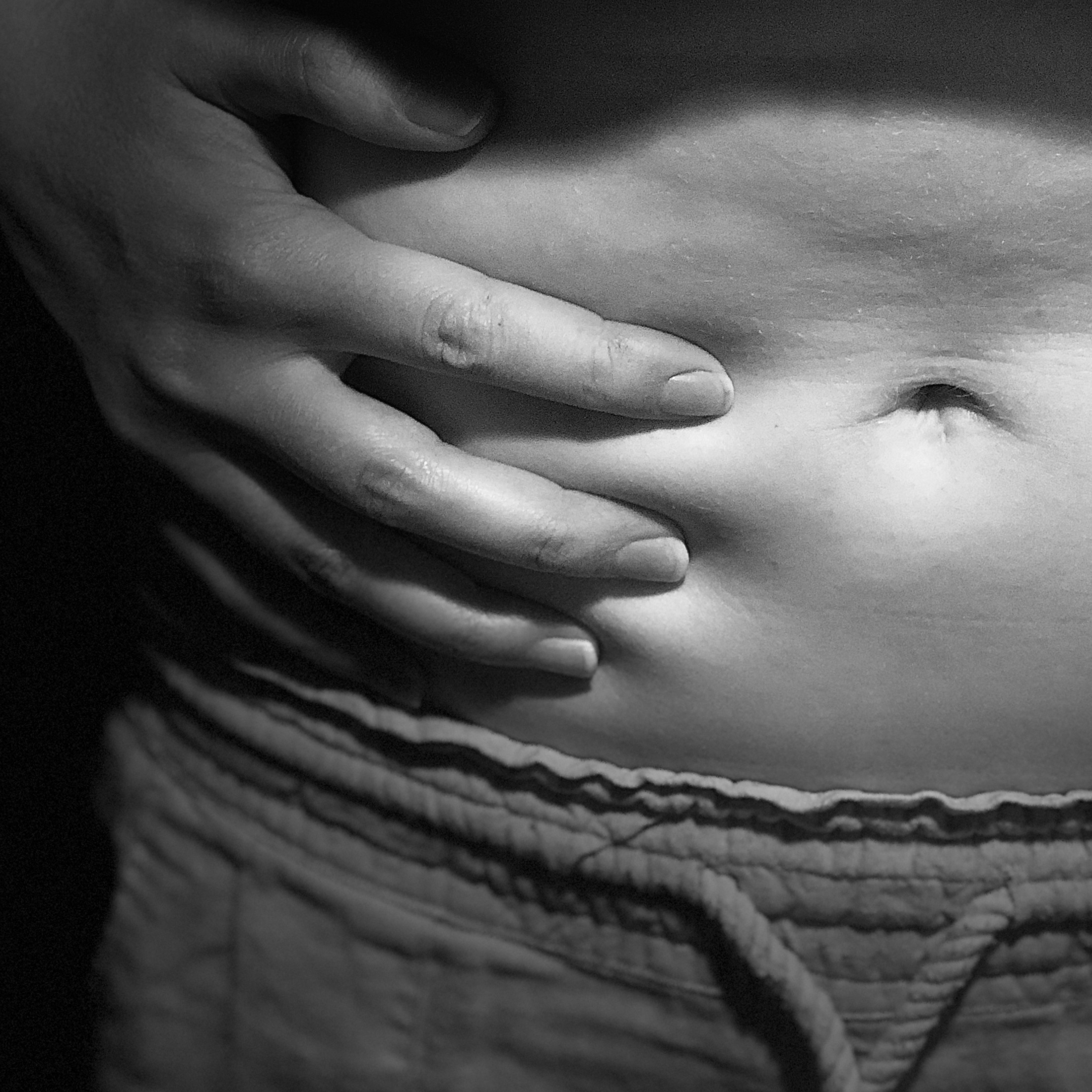IBS vs UC vs Crohn's
Irritable Bowel Syndrome, Ulcerative Colitis, and Crohn's are quickly becoming household terms due to their prevalence, but what are the differences between them?
Irritable Bowel Syndrome versus Ulcerative Colitis versus Crohn's
After the last article regarding Stevia and gut bacteria, I wanted to clarify what the differences are between these three relatively common digestive disorders, and how differently are they viewed from diagnosis to treatment.Irritable Bowel Syndrome (IBS)
IBS is considered a "functional gastrointestinal disorder," when the GI behaves abnormally without any evidence of damage from disease. In other words, your GI is cranky, but there is nothing detectable wrong with it. Current statistics put diagnosis rate at up to 15% of US adults, with women being more likely to be affected than men. It is typically diagnosed through symptoms, such as pain or discomfort in the abdomen and bowel movement anomalies. Prior medical history can assist doctors in making this assessment.It is not currently known what causes IBS, theories range from brain-gut signaling issues, GI mobility issues, extra sensitive pain receptors in the GI tract, bacterial infection, bacterial overgrowth, genetics, food sensitivity, or some combination of these factors. While there is no known cure, it can be managed through diet, medicine, probiotics, or mental heath therapy. "Treatments" for IBS typically treat the current issues, such as constipation or loose stools, rather than the IBS itself.
Some foods are thought to aggravate IBS, including: high fat foods, some dairy, alcohol, caffeine, artificial sweeteners, and gas causing foods such as beans or cruciferous veggies (e.g. cauliflower).

Ulcerative Colitis (UC)
UC is a long term condition which results in inflammation and ulcers of the colon and rectum. The prevalence of UC is higher in developed countries, with people most at risk between ages 15 and 30 or older than 60, particularly those with a family history of IBD, or those of Jewish decent. It is diagnosed through endoscopy, blood tests, stool tests, and biopsy. Symptoms include bloody bowel movements and anemia.Similar to IBS, the cause of UC is unknown, but theories range from genetics to environment. There are no known cures, but there are known medicines that assist in remission:
- Aminosalicylates: control inflammation
- Corticosteroids: reduce immune system activity and decrease inflammation
- Immunomodulators: reduce immune system activity
- Biologics: decrease inflammation
There are no known foods that aggravate UC other than high fiber foods during an active flareup.
Crohn's Disease
Crohn's is a form of IBD which most commonly affects the small intestine, but can affect any part of the digestive tract. It often begins gradually and becomes worse over time. Remission can last for weeks or years. Crohn's has become more common over time, estimates show more than 500K people in the US affected. People with a family history of IBD or smoking are more at risk. It is most commonly diagnosed between the ages of 20 and 29. Complications include intestinal obstruction due to thickening of the intestinal walls, fistulas - abnormal passages between two organs, abscesses, and ulcers.As is the trend with IBS and UC, the cause of Crohn's is unknown, but theories include genetics or autoimmune reactions. Diagnosis is done by blood test, endoscopy, CT scan, or upper GI series (x-rays, flouroscopy, and barium for digestive tract viewing). Again, there are no known cures, but the same medications listed above for UC are believed to assist in treatment. During a flare up periodic resting of the bowels is recommended through liquid diet or fasting.
Subtotal colectomy may be used to remove non-functional portions of the large intestine. For more severe cases that do not respond to treatment proctocolectomy and ileostomy can be performed.
Dietary guidance for Crohn's is essentially unchanged from that for UC.
Summary
So, what does all of this mean in summary? We don't know specifically what causes IBS, UC, or Crohn's, and there are also no known cures for any of them. However, we do have some medications that can assist in remission and with keeping these issues under control. Unfortunately, we have no strong evidence of foods that intensify issues with these disorders. The strongest known differences between these IBS, UC, and Crohn's are the symptoms that they cause, with those of Crohn's being the most severe, and those of IBS typically considered to be less severe.You might be wondering how any of this relates to fitness, but sufferers of these diseases will likely see the connection immediately. A common complaint with all three of these disorders is fatigue in addition to the need to be near a restroom at nearly all times. This combination makes many forms of exercise troublesome, such as long runs, hikes, and water sports. Even though I have close family with each of these conditions (and have been diagnosed with IBD myself), I cannot attempt to understand the frustration of folks that must deal with these disorders on a daily basis - mine is relatively mild and mostly under control. What I can share from personal experience is if you need to use the restroom, and its just not working out, a cup of coffee and a 15 minute run will likely do the trick, but I don't recommend straying far from home - or a known restroom ;) Luckily there are many forms of exercise that can be done right at home, a few ideas are posted over in Strength Sets and Yoga Sequences.
Sources:
Wikipedia
National Institute of Diabetes and Digestive Diseases